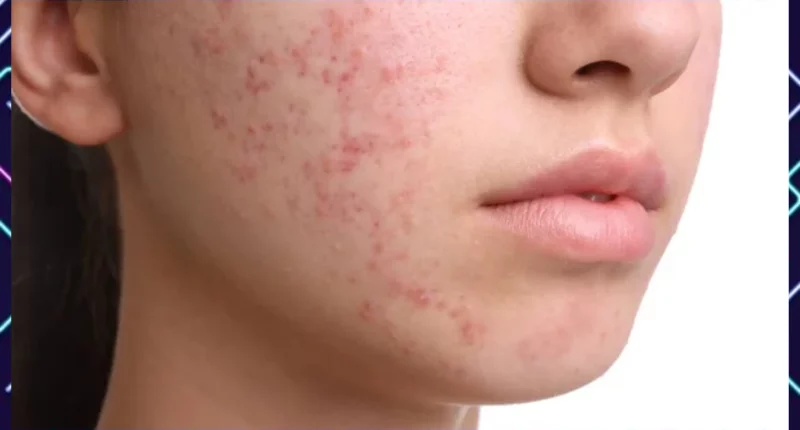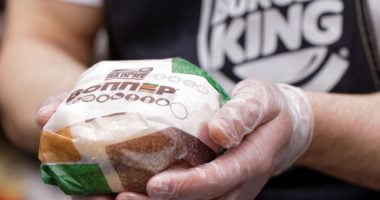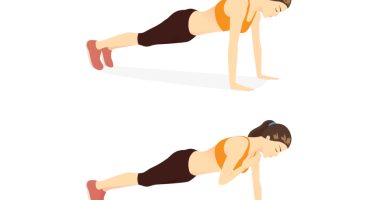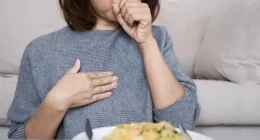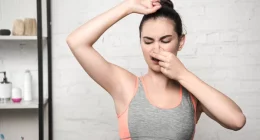Teenage Acne is a no-joke skin condition, the earlier you learn the best way to live with it, the faster you get that flawless skin.
Adolescence is a transformative period marked by significant physical, emotional, and social changes. Among these changes, the onset of acne can be one of the most challenging experiences for teenagers. Acne is a common skin condition that affects individuals of all ages, manifesting in various forms and characterized by the presence of pimples, blackheads, and cysts, typically arises from hormonal fluctuations, increased oil production, and the proliferation of bacteria on the skin. While it is often perceived as a mere cosmetic issue, acne can have profound implications for a teenager’s self-esteem, mental health, and social interactions.
Understanding how to effectively live with and manage teenage acne involves more than just topical treatments or over-the-counter solutions. It requires a holistic approach that encompasses skincare, lifestyle choices, emotional support, and education.
What Is Acne?
Acne is a chronic inflammatory skin condition characterized by the presence of comedones (blackheads and whiteheads), papules, pustules, nodules, and cysts. It primarily affects areas of the skin that have a high density of sebaceous (oil) glands, such as the face, back, and shoulders. The condition arises from a combination of factors, including increased sebum production, hormonal changes, and the proliferation of acne-causing bacteria, particularly Propionibacterium acnes[1].
There are several types of acne that teenagers may experience, each with distinct characteristics:
Comedonal Acne: This is the most common form, resulting from clogged pores filled with oil and dead skin cells. It manifests as blackheads (open comedones) and whiteheads (closed comedones).
Inflammatory Acne: This type occurs when the clogged pores become inflamed, leading to red, swollen lesions. It includes papules (small red bumps) and pustules (bumps filled with pus).
Cystic Acne: The most severe form, cystic acne, is characterized by deep, painful cysts that can lead to scarring. This type often requires medical intervention.
Nodular Acne: Similar to cystic acne, nodular acne consists of large, painful lumps beneath the skin’s surface but lacks the pus-filled center.
Read More: Four reasons why spicy foods cause acne
Best Way To Live With Teenage Acne
It’s completely normal to feel disheartened when you catch a glimpse of a pimple in the mirror. However, it’s crucial to recognize that you are far from alone in this struggle.
Acne is a common skin condition that affects a significant number of teenagers, often manifesting during the tumultuous transition into adulthood. This phase, typically occurring between the ages of 10 and 13, is marked by a flurry of hormonal changes that can lead to distressing skin issues.
As you navigate through your teenage years, your body undergoes various physiological changes, primarily driven by hormonal fluctuations. One of the key players in this process is the sebaceous gland, which is connected to hair follicles. These glands produce sebum, an oily substance that helps keep your skin moisturized[2]. However, during adolescence, these glands can become overactive, leading to an excess of sebum production. This surplus oil can mix with dead skin cells and clog pores, creating an environment conducive to acne development.
Acne often begins with the formation of comedones, which are small, flesh-colored bumps that can appear on the forehead, chin, and other areas of the face. Comedones can be classified into two types;
- Closed Comedones (Whiteheads), These occur when a pore is clogged and remains beneath the skin’s surface, leading to a small, raised bump.
- Open Comedones (Blackheads): These are similar to closed comedones but are exposed to air, causing the trapped sebum to oxidize and turn dark.
Some comedones may be so tiny that they are invisible to the naked eye, referred to as micro comedones. The most intense breakouts typically occur around three to five years after the initial appearance of these comedones, highlighting the importance of early intervention.
For many, the journey with acne can extend well into their twenties. While most individuals experience a reduction in breakouts by the ages of 20 to 25, those with more severe forms of acne, such as nodular or cystic acne, may find that their symptoms persist into their thirties or beyond.
As a teenager living with acne, keep in mind that acne does not define you. Many of your peers are likely facing similar challenges, and even your parents may have experienced acne during their adolescence.
Yes, feelings of self-consciousness and isolation are common with teens experiencing breakouts. Rather than isolating yourself, consider reaching out for support. Talk to friends, family, or even a dermatologist about your experiences and possible treatment options such as topical treatments containing ingredients like benzoyl peroxide and salicylic acid to oral medications prescribed by a healthcare professional.
Acne Types and Treatment
- Whiteheads clinically referred to as closed comedones, are small, flesh-colored bumps that form when hair follicles become clogged with a combination of excess sebum (oil) and dead skin cells. Unlike other forms of acne, whiteheads remain beneath the skin’s surface, giving them a closed appearance.
To effectively combat whiteheads, a consistent skincare regimen is essential. Chemical exfoliants, such as alpha hydroxy acids (AHAs) and beta hydroxy acids (BHAs), can help dissolve the debris within the pores. Additionally, thorough cleansing with non-comedogenic products can prevent further clogging. Incorporating gentle exfoliation into your routine can promote skin cell turnover and keep pores clear.
- Blackheads are open comedones that appear as small dark spots on the skin’s surface. The dark coloration is not due to dirt but rather the oxidation of melanin in the clogged follicle when exposed to air. This oxidation gives blackheads their characteristic black appearance.
Blackheads can often be managed with over-the-counter treatments containing salicylic acid or retinoids, which help to unclog pores and prevent new blackheads from forming. Regular exfoliation and the use of clay masks can also assist in drawing out impurities from the skin.
- Papules are small, raised, red or pink bumps that occur when hair follicles become inflamed. They are typically sensitive to the touch and indicate a more aggressive inflammatory response from the skin.
To treat papules, it is crucial to avoid picking or squeezing, as this can exacerbate inflammation and increase the risk of scarring. Topical treatments containing benzoyl peroxide or salicylic acid can help reduce inflammation and promote healing. In more severe cases, a dermatologist may recommend prescription medications.
- Pustules are inflamed lesions that resemble whiteheads but are characterized by a red base and a central white or yellow pus-filled head. They indicate a more advanced inflammatory response and are often painful.
Similar to papules, pustules should not be picked or squeezed to prevent scarring. Effective treatments include topical drying lotions and spot treatments containing benzoyl peroxide, which can help reduce bacteria and inflammation. Regular cleansing with gentle, non-irritating products is also beneficial.
- Nodules are large, firm, and painful bumps that develop deep within the skin. Unlike other types of acne, nodules do not come to a head and can be quite tender to the touch. They are often a sign of more severe acne.
Due to their depth and severity, nodules typically require professional intervention. Over-the-counter treatments may not be effective, so consulting a dermatologist for prescription medications, such as oral antibiotics or hormonal treatments, is advisable.
- Cysts are closed, sac-like structures filled with fluid, semisolid, or gaseous material. They are often larger than nodules and can be painful and inflamed. Cysts are indicative of a severe form of acne and can lead to significant scarring if not treated properly.
Cysts should always be evaluated by a dermatologist. Treatment options may include corticosteroid injections to reduce inflammation, drainage procedures, or prescription medications tailored to the individual’s needs.[3,4]
Causes of Teenage Acne
Hormonal Changes – The primary driver of acne during adolescence is hormonal fluctuations associated with puberty. Increased levels of androgens (male hormones present in both males and females) stimulate sebaceous glands to produce more sebum. This excess oil, combined with dead skin cells, clogs pores and creates an environment conducive to bacterial growth.
Genetic Factors – Genetics play a crucial role in determining an individual’s susceptibility to acne. If parents experienced severe acne, their children are more likely to develop similar issues. Research indicates that certain genetic markers may influence the severity and persistence of acne.
Environmental and Lifestyle Factors – Environmental factors, including humidity, air pollution, and exposure to certain chemicals, can exacerbate acne. Inadequate skincare practices, stress, poor diet, and other lifestyle decisions can also exacerbate the condition. Contrary to popular belief, greasy foods and chocolate do not directly cause acne, although they may aggravate existing breakouts.
Psychological Impact – The psychological effects of acne are profound, especially during the formative teenage years. Adolescents often face social pressures and may experience feelings of embarrassment, low self-esteem, and anxiety due to their appearance. This can lead to avoidance of social situations, impacting their overall quality of life according to NHS [5].
Read More: How do you know you have fungal acne? Causes, symptoms and treatment
